To provide the best experiences, we use technologies like cookies to store and/or access device information. Consenting to these technologies will allow us to process data such as browsing behaviour or unique IDs on this site. Not consenting or withdrawing consent, may adversely affect certain features and functions.
The technical storage or access is strictly necessary for the legitimate purpose of enabling the use of a specific service explicitly requested by the subscriber or user, or for the sole purpose of carrying out the transmission of a communication over an electronic communications network.
The technical storage or access is necessary for the legitimate purpose of storing preferences that are not requested by the subscriber or user.
The technical storage or access that is used exclusively for statistical purposes.
The technical storage or access that is used exclusively for anonymous statistical purposes. Without a subpoena, voluntary compliance on the part of your Internet Service Provider, or additional records from a third party, information stored or retrieved for this purpose alone cannot usually be used to identify you.
The technical storage or access is required to create user profiles to send advertising, or to track the user on a website or across several websites for similar marketing purposes.
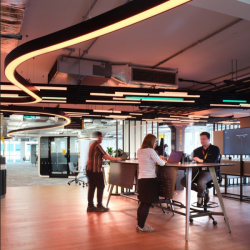 Commercial Interiors UK, is to be the new name for the BCFA – the UK’s largest trade association representing the commercial interiors sector. Its 250+ members represent leading manufacturers, suppliers, and designers – all shaping inspirational commercial interiors internationally. The rebrand comes after an in-depth strategic review ensuring that this highly respected trade association continues to deliver unrivalled support to its members, addressing the business challenges they face, and in doing so, championing issues affecting the commercial interiors sector as a whole. (more…)
Commercial Interiors UK, is to be the new name for the BCFA – the UK’s largest trade association representing the commercial interiors sector. Its 250+ members represent leading manufacturers, suppliers, and designers – all shaping inspirational commercial interiors internationally. The rebrand comes after an in-depth strategic review ensuring that this highly respected trade association continues to deliver unrivalled support to its members, addressing the business challenges they face, and in doing so, championing issues affecting the commercial interiors sector as a whole. (more…)





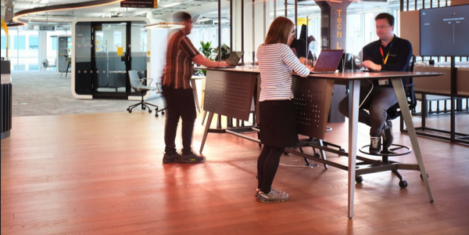

 An idea that has never really gone away, but which seems to be enjoying a new lease of life is the tabula rasa. The conception of people as a blank slate is something a that has crept back into mainstream political and social thought for a variety of reasons. Arguably, it is also behind many of the most misleading notions about work and workplace design, perhaps most importantly that a change to some single element or characteristic of a working environment will lead to a specific outcome in the behaviour of people.
An idea that has never really gone away, but which seems to be enjoying a new lease of life is the tabula rasa. The conception of people as a blank slate is something a that has crept back into mainstream political and social thought for a variety of reasons. Arguably, it is also behind many of the most misleading notions about work and workplace design, perhaps most importantly that a change to some single element or characteristic of a working environment will lead to a specific outcome in the behaviour of people. 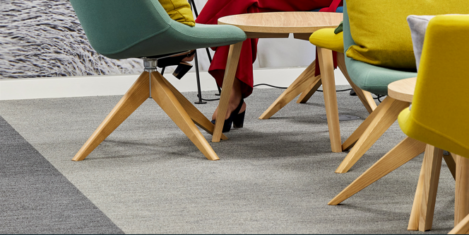
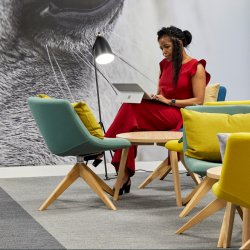








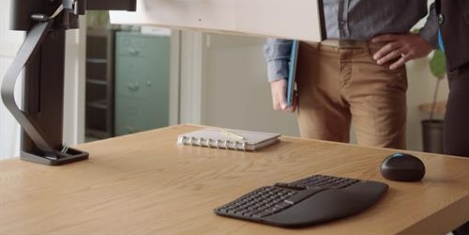

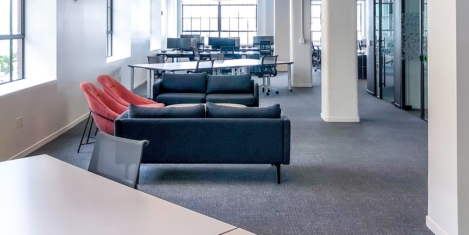
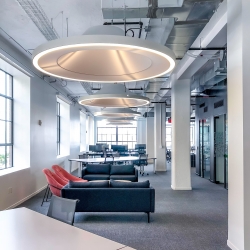
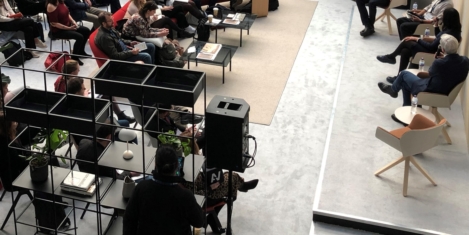
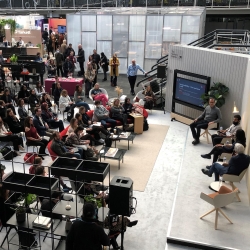
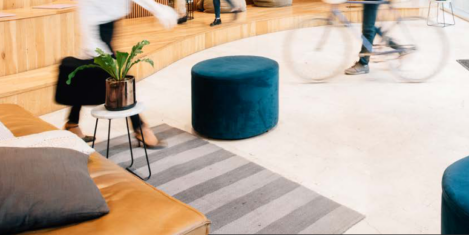
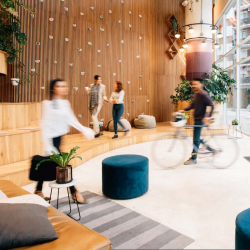









October 13, 2022
The success of hybrid working hinges on creating a great workplace experience
by Lee Rubin • Comment, Flexible working, Wellbeing, Workplace